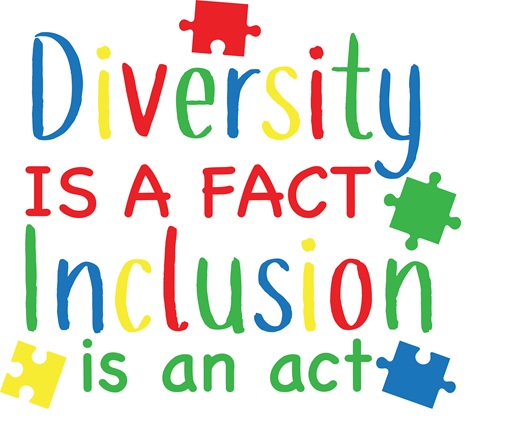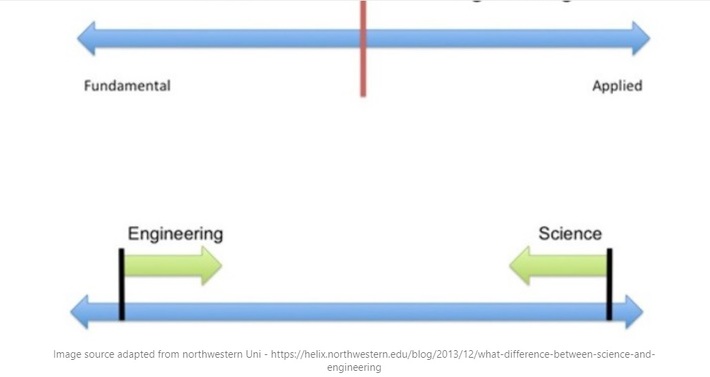
How can we increase the diversity in AI talent?
This is a subject close to my heart
Despite being quite well known in AI (for our pioneering work and teaching at the #universityofoxford for #AI and #edge) and also being the Chief AI Officer of a venture funded company in Germany, I would not pass many of the current recruitment tests in companies because I am neurodiverse (on the autism spectrum)
Specifically, the problems with tests like leetcode are well documented for example as per
Techs diversity problem because of toxic leetcode
It is pretty common to see a lot of companies relying on Leetcode or puzzles to benchmark engineers. If you solve a question in X time with leanest code then you are in or else you are out. It is more for elimination than selection I guess. But this is setting a very bad trend and bad engineering culture. Engineers who do “real engineering” work are required to work with other Engineers not just computers.
I believe that many of the assessment methods like leetcode are discriminatory and also narrow the talent pool in only one direction. It is important to include people with multidimensional skills in AI.
So, here are some ideas to consider in recruitment to expand diversity
1) Consider the Elon musk interview strategy
Elon Musk has a very specific approach to interview questions
He asks each candidate he interviews the same question: Tell me about some of the most difficult problems you worked on and how you solved them. Because the people who really solved the problem know exactly how they solved it, he said. They know and can describe the little details. Musks method hinges on the idea that someone making a false claim will lack the ability to back it up convincingly, so he wants to hear them talk about how they worked through a thorny issue, step by step.
This approach works because it is both subjective and analytical
2) Consider the difference between an Engineer vs scientist

Think of the difference between an Engineer and a Scientist. Scientists do fundamental work and engineers do applied work. Most people mix the two. Most companies need engineers and not scientists.
If a person is asking, “why does this happen?” they are a scientist. Thus, no matter where on the spectrum they stand, they are looking toward fundamental issues. If a person is asking, “How do I make this work?” they are an engineer, and are looking toward the applied end. source northwestern Uni
So, the meta question you should be thinking of is: Do we need a scientist or do we need an engineer? or conversely, as a candidate, Am I comfortable as a scientist or as an engineer?
Most companies need engineers. knowing the distinction helps a lot
3) MLOps may make it easier to retrain software engineers to machine learning
related to 2 , MLOps may mean that you could retrain software engineers especially if you are using a cloud platform like AWS, Azure, GCP etc. In an MLOps world, we have three jobs (data engineer, data scientist and devops) and in theory, you could start in one and transition to the others.
Hence, if companies change their approach a little, they could reduce recruitment costs and increase diversity
Image source: shutterstock
